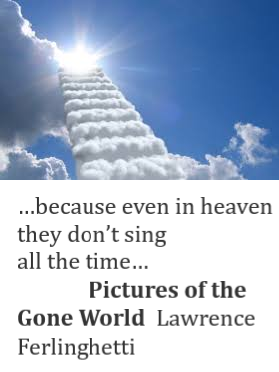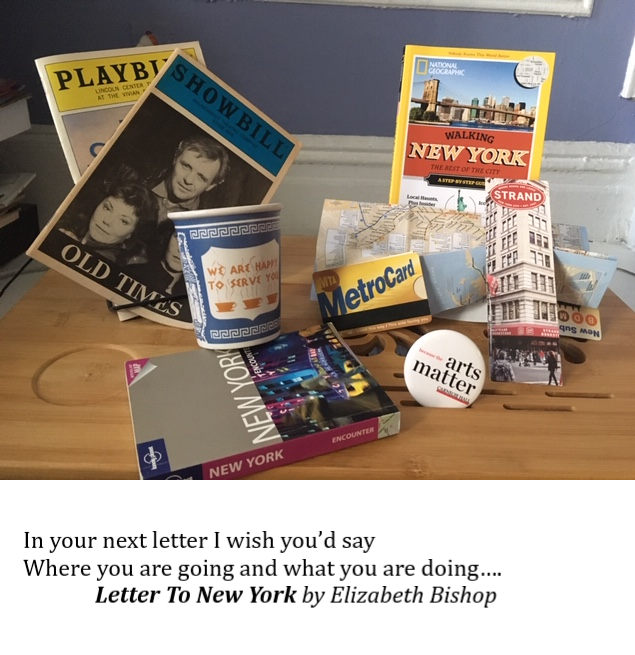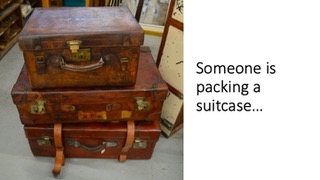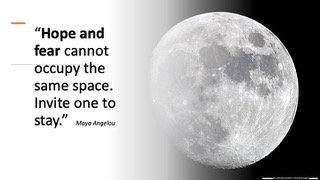The Artist
By Mel
As a little girl, Karen often wondered what was possible outside of 55 Belmar Drive. Karen always had an eye for colors and drawing. She looked forward to art classes. On top of her artistic skills she had a vivid imagination. She would often picture herself in one of those fancy houses with the elegant yet creepy looking willow trees with a view of the lake right outside her window. In her dreams, Karen became a well renound painter and traveled the world. She didn’t have to attend school and had access to the finest tutors available. She was smart and bright. Karen’s dreams didn’t focus on the amount of money her family had but more so on the ability to be free and focused on her talent. Her dreams focused on not being judged by anyone. Perhaps the most important focus of Karen’s dreams were the ability to rewrite her reality. Instead of the giant mansion on the lake, her reality was she was living in what was left of her neighborhood in the Ninth Ward after Katrina. Instead of traveling the world with tutors as a painter, she was instead struggling to stay a passing student in a school that was under staffed with no decent art program. And instead of being liked by everyone and adored, she was ostracized because of her tall lanky build and lazy left eye. The one thing Karen could count on was her family. The family that encouraged her to dream big. They taught her to always believe that she could achieve the impossible even when it seemed everyone outside her family told her the opposite.
Cloud Nine
As a little girl, Karen often wondered what was possible outside of 55 Belmar Drive. Karen always had an eye for colors and drawing. She looked forward to art classes. On top of her artistic skills she had a vivid imagination. She would often picture herself in one of those fancy houses with the elegant yet creepy looking willow trees with a view of the lake right outside her window. In her dreams, Karen became a well renound painter and traveled the world. She didn’t have to attend school and had access to the finest tutors available. She was smart and bright. Karen’s dreams didn’t focus on the amount of money her family had but more so on the ability to be free and focused on her talent. Her dreams focused on not being judged by anyone. Perhaps the most important focus of Karen’s dreams were the ability to rewrite her reality. Instead of the giant mansion on the lake, her reality was she was living in what was left of her neighborhood in the Ninth Ward after Katrina. Instead of traveling the world with tutors as a painter, she was instead struggling to stay a passing student in a school that was under staffed with no decent art program. And instead of being liked by everyone and adored, she was ostracized because of her tall lanky build and lazy left eye. The one thing Karen could count on was her family. The family that encouraged her to dream big. They taught her to always believe that she could achieve the impossible even when it seemed everyone outside her family told her the opposite.
A Magical Place
I envision a world where I can fully laugh and play outside. A world where children are safe. I imagine growing up in a house so big I get lost and where I can safely walk to school. I arrive at school and sit in my nice neat classroom where my teacher pays attention and notices me. I wake from my dream to my reality of not being able to walk safely to school because my friend Jimmy who was eight like me was shot by a stray bullet. There is no place to go after school or play because our playground is a war zone riddled with bullets and blood. When I finally make it to school, my over worked teacher is stressed teaching a class of forty kids and rarely remembers my name. As I look out the class window my story has jumped forward ten years ahead. I’m still in my Southside Chicago neighborhood but own the housing development I grew up in. I have my own real-estate empire and brought and redeveloped all the housing and playgrounds in the area. All of the area violent gang bangers are gone. I funded new charter schools filled with teachers and administrators that care about the children attending. I am free and I am at peace. My work is done. Southside can now be appreciated for all its glory. I wake up from my day dream hopeful, determined and sure no matter what I will make it and I will make sure Southside makes it. We are more than just crime statistics. We are lawyers, doctors, teachers, motivators, artists, change makers and doers. I am at peace because we are not forgotten or foresaken. I am at peace because I am an extroidinary child made by God’s creation. Peace is the foundation of my existence and fabric of my being. Bang, Bang and just like that a stray bullet crashes through the window and Ms. Tetterton is slumped over her desk. The End.



